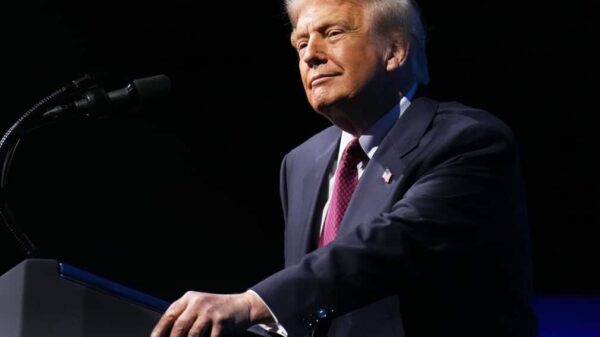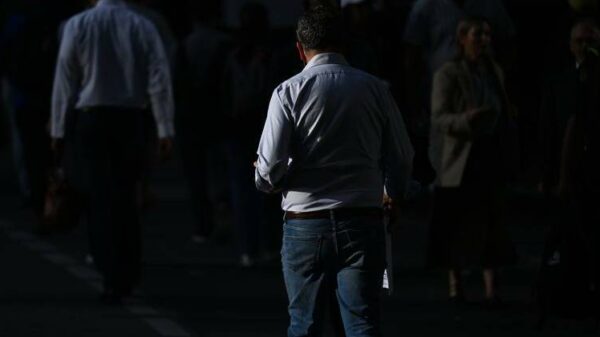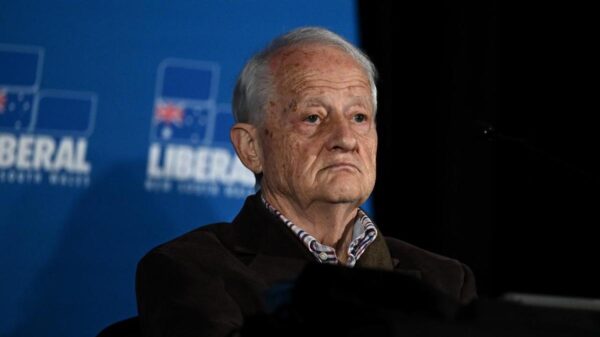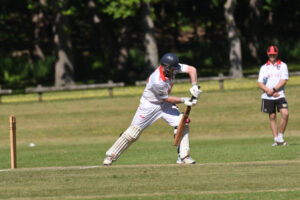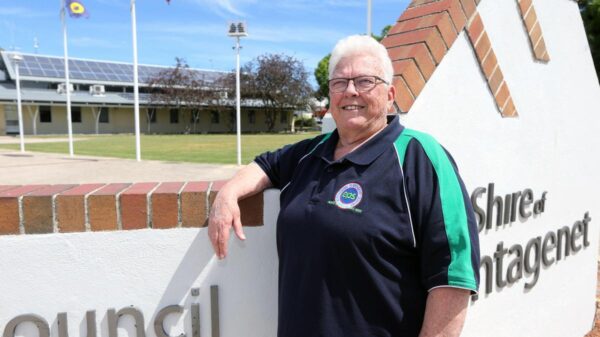In a notable case at the ACT Supreme Court, a defence barrister has described the use of artificial intelligence by an alleged victim in a family violence matter as “an extraordinary development.” During a bail application on November 5, 2023, barrister Anthony Williamson SC argued that evidence from the woman’s phone indicated her statements were influenced by AI, specifically ChatGPT.
The accused, a man linked to the Finks motorcycle gang, faces multiple charges, including choking and aggravated assault against his ex-girlfriend. He has denied being a current member of the gang and has pleaded not guilty to all charges. This marked the man’s third successful application for bail, allowing him conditional freedom while awaiting trial.
According to Williamson, data retrieved from the woman’s phone revealed that she had used ChatGPT to draft a statement regarding the alleged incidents. He noted that this prompt was created before she had fully provided her evidence to police. “AI is driving the conduct of the complainant,” he stated, suggesting that this raised questions about the integrity of her testimony.
The prosecution outlined disturbing allegations, claiming that the defendant had subjected the woman to physical violence, including choking and confinement. The court previously heard accusations that the man had spat on her, which were contextualized by the woman’s attempts to distance him from the Finks gang. At the time of the alleged offences, he was under an intensive correction order that prohibited him from associating with such groups.
During the proceedings, Williamson raised concerns about the implications of the woman’s reliance on AI, suggesting it indicated she might have “contaminated and concocted evidence.” The prosecutor countered, stating that the disclosures presented a “complicated picture” of the complainant’s behaviour, highlighting her distress about being believed in court.
The prosecution emphasized that the woman was aware of the challenges surrounding her complaint and that her concerns about credibility did not negate her reliability as a witness. The need for further explanation regarding her actions was also noted, as she had not yet had the opportunity to clarify her use of AI in formulating her evidence.
In a related point, police previously alleged that the accused was the president of the ACT chapter of the Finks gang. However, Williamson argued that this claim was false and identified another individual, Jason Pahl, as the true president, highlighting recent developments in police investigations.
Acting Justice Patricia Kelly ultimately granted bail to the accused, citing that the police investigation was complete and the chances of evidence interference were minimal. She acknowledged the significant doubts surrounding the credibility of the main prosecution witness, particularly in light of how her evidence was produced. “This issue has been thrown into stark relief today,” she remarked.
The judge also noted that delays in the proceedings could result in the man not facing trial until mid to late 2026. Without bail, he could serve a substantial portion of the non-parole period if found guilty of the charges.
As part of the bail conditions, the accused is prohibited from contacting or approaching any members of a motorcycle gang. The case is scheduled to return to court next week.
Support services are available for individuals who may be affected by the details of this case. Those in need can reach out to Lifeline at 13 11 14, the ACT Domestic Violence Crisis Service at 6280 0900, or the Women’s Legal Centre ACT at 6257 4377.







